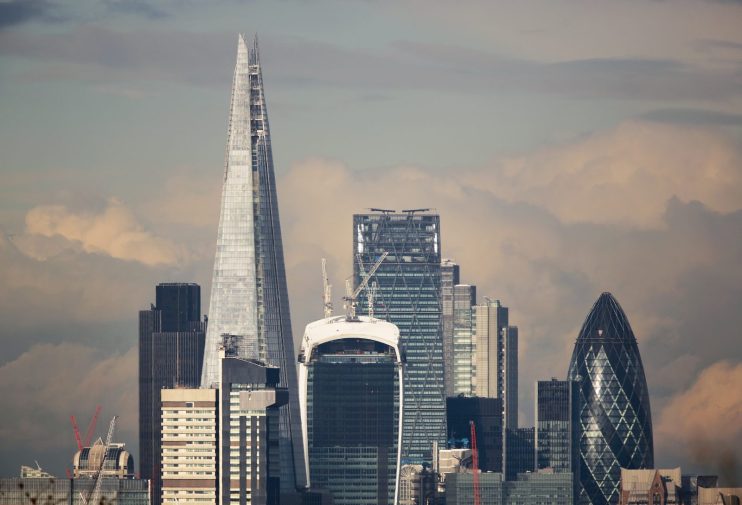Markets suffer losses after Boris Johnson’s Omicron warnings

London’s FTSE 100 finished lower on Monday at close of play, weighed down by flagging financial shares and underwhelming performances from the oil majors.
Meanwhile, the first reported Omicron death in the UK increased worries over the impact of tighter restrictions on year-end spending and economic activity.
After rising as much as 0.2 per cent earlier in the day, the blue-chip FTSE 100 suffered setbacks and was 0.8 per cent lower when markets closed.
Banks declined by 2.19 per cent, while oil majors BP and Royal Dutch Shell fell 2.2 and 2.7 per cent respectively.
Meanwhile, the FTSE 250 is also down 1.2 per cent yesterday evening, with the mid-cap index plagued by a 3.5 drop in the travel and leisure sector.
This reflects concerns of declining travel demand, with Reuters reporting that airlines are now calling for more support after the Omicron variant dented recovery hopes.
Wizz Air was a notable victim, falling 4.2 per cent after HSBC downgraded the stock to “reduce”.
The miserable Monday on the stock market followed a gloomy television address from under-pressure Prime Minister Boris Johnson on Sunday night.
Johnson revealed plans to offer booster jabs to every adult in the UK by New Year, warning the country faces a ‘tidal wave’ of Omicron cases.
This follows the announcement of upcoming pandemic restrictions – such as mask wearing indoors, work from home advice, and most controversially, vaccine passports.
Health Secretary Savid Javid explained the Omicron variant is already spreading at “a phenomenal rate” – with 1,239 new UK cases reported on Sunday alone.
Alongside worries over the new variant, the UK recently announced highly disappointing GDP figures.
The country stuttered to 0.1 per cent growth in October, amid declining industrial and construction output.
Underwhelming growth data and the fast-spreading variant dampened expectations the Bank of England would raise interest rates soon.
UBS has altered its forecast for interest rate hikes, it now expects the Bank of England to delay plans amid economic volatility.
Money market futures are now pricing in about a 40 per cent probability of a 15-basis-point rate hike on Thursday, down from nearly 70 per cent at the start of last week.